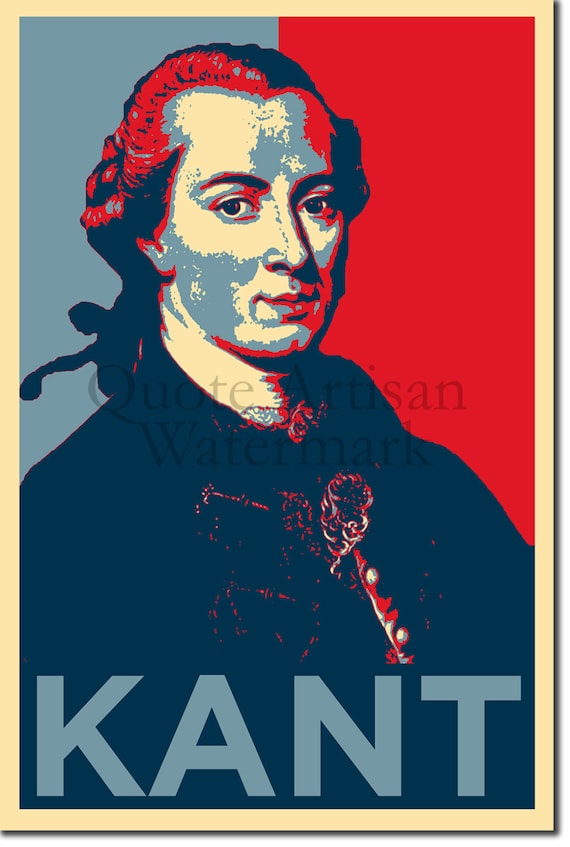

Gotta say, I am no fan of the President. I set the bar of expectation for the man himself long ago.
He rubbed me the wrong way, when I tried to secure scholarship funding for the families of Leo High School students in the mid and late 1990's, when young Mr. Obama was executive director of the Woods Fund and a director of the Annenberg Challenge. I found him arrogant, snotty, full of himself and not very bright. Each subsequent meeting with him lived up to my low expectations.
What do I know? He rose to become not only an appointment on charity boards and an adjunct faculty member at University of Chicago, but an Illinois Senator, a United States Senator, Nobel Laureate, touted to be a Constitutional Scholar and a two-term, wildly popular American President.
I caught his farewell speech on WTTW.
Many first person singular personal pronouns and pious platitudes.
So I first came to Chicago when I was in my early twenties, and I was still trying to figure out who I was; still searching for a purpose to my life. And it was a neighborhood not far from here where I began working with church groups in the shadows of closed steel mills.
It was on these streets where I witnessed the power of faith, and the quiet dignity of working people in the face of struggle and loss.
(CROWD CHANTING “FOUR MORE YEARS”)
I can’t do that. ( belly laughs abound)
Now this is where I learned that change only happens when ordinary people get involved, and they get engaged, and they come together to demand it.
After eight years as your president, I still believe that. And it’s not just my belief. It’s the beating heart of our American idea — our bold experiment in self-government.And etc,
It was pretty much a validation of the opinion of himself that he shares with the thousands of people who waited in line, braving the Chicago low temps and cutting winds to clutch a single ticket for this speech and the legions of People Like You at WTTW, CNN, ABC,CBS, NBC, MSNBC, the chicago Tribune & Sun Times, Hollywood and with Goldman Sachs.
It has been a wild ride, alright! The President offered a litany of the great things he believes that he accomplished, set right, shared and made just for the "the waitress, the laid off factory worker," who voted for Donald Trump and reminded America of Jim Crow and Atticus Finch and that politics is a battle. Been there and heard that for years.
What plugged me between the horns was this, " It is that spirit — it is that spirit born of the enlightenment that made us an economic powerhouse."
Really?
Immanuel Kant was a founding Father? Rene Descartes needs a musical too? Johnny Locke and Spinoza were captains of industry?
I am going to miss President Obama's nattering, but not for real long.
Okay, what's for breakfast? How about McCann's?






